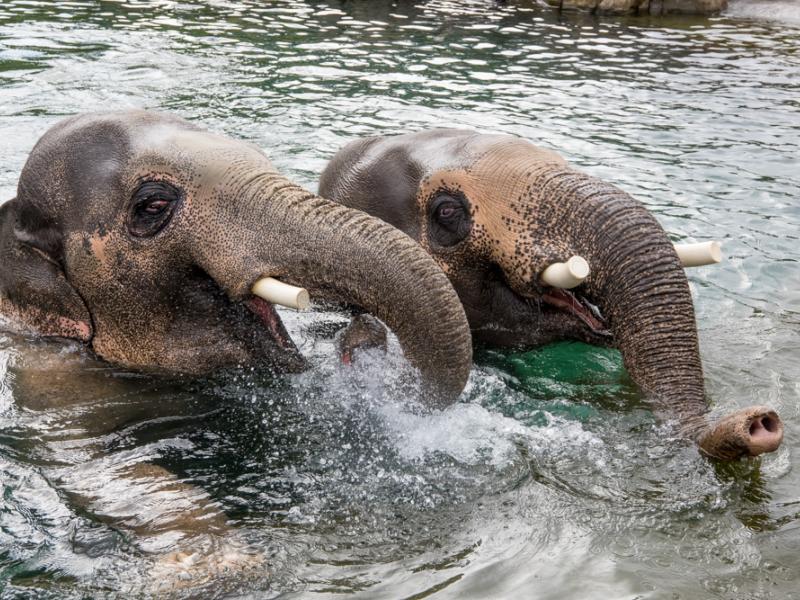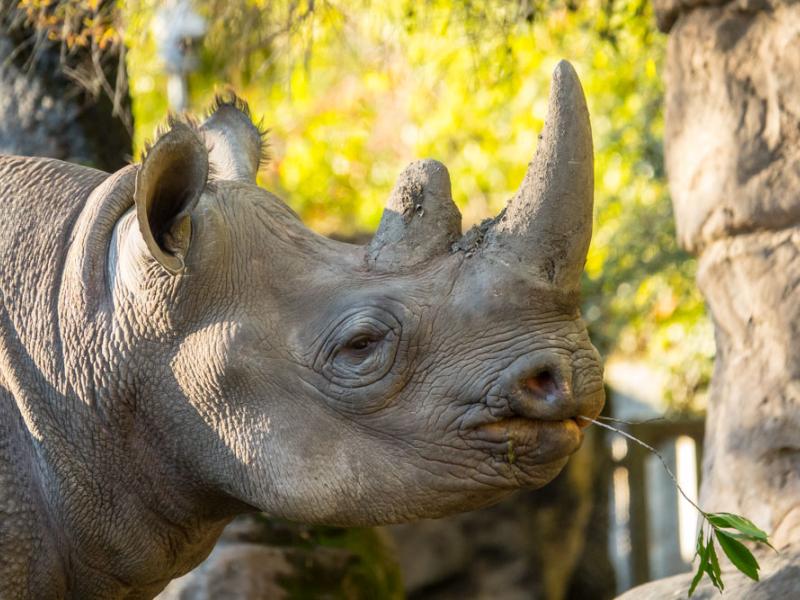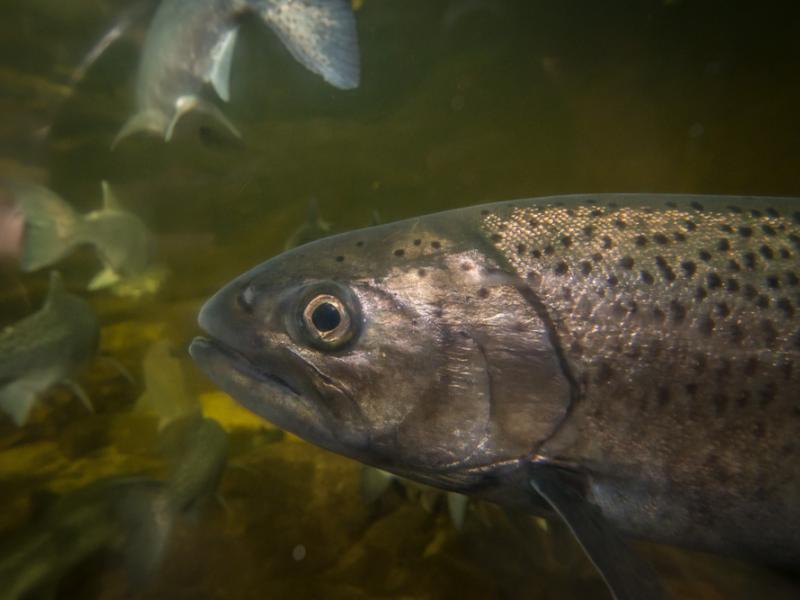Small actions that help chimpanzees
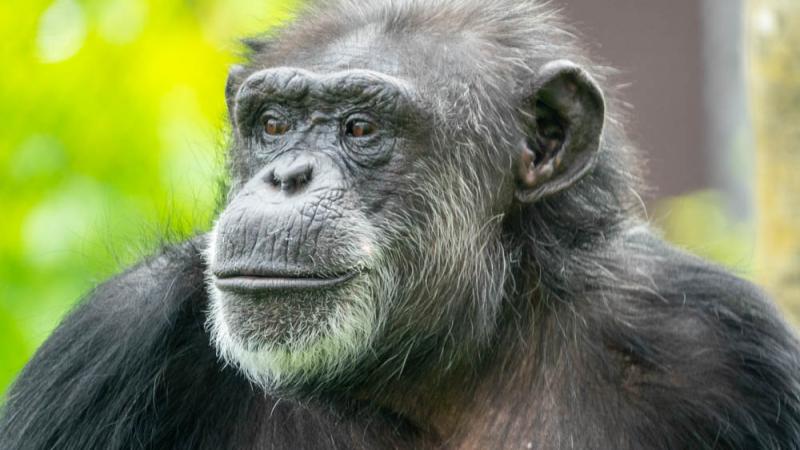
Chimpanzees are primarily threatened by habitat destruction, which amplifies the impacts of poaching and disease. They are native to Central and West Africa, where an estimated 80 percent of forest cover has been lost to logging, 'slash and burn' agriculture for palm oil and other crops as well as mining for gas, oil and minerals used in electronics. As their habitat shrinks, chimpanzees become more vulnerable to human-borne disease such as Ebola and are more likely to be caught by poachers for bushmeat harvest and for the pet trade.
How you can help
-
Wait at least two years before upgrading your mobile devices

Chances are your service provider recently notified you that you're eligible for a device upgrade, but holding on to your old phone or tablet for at least two years is the better choice for wildlife. The ever increasing production, use and disposal of personal electronic devices can be devastating to many species worldwide, damaging habitats in the mining and production process and exposing people and animals to hazardous materials once disposed of.
-
Look for the FSC-certified label on wood and paper products
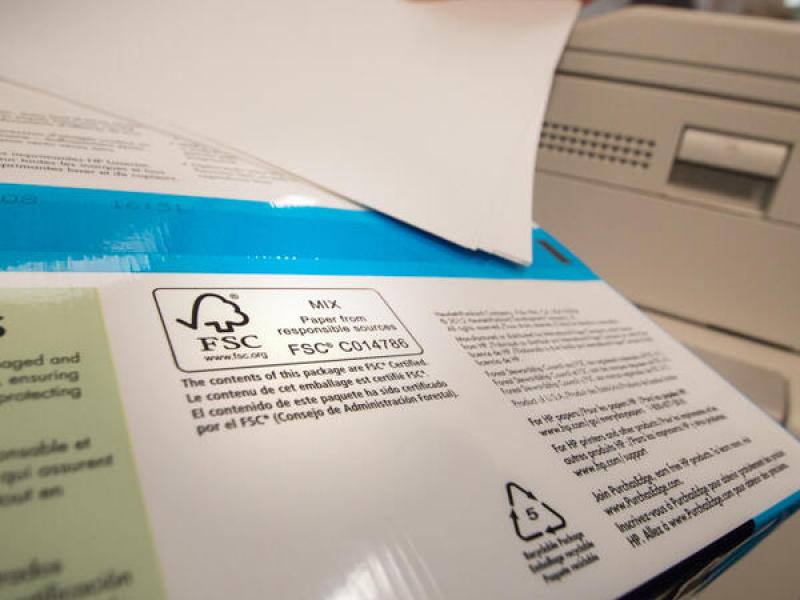
Whether you’re purchasing napkins, paper or a bed frame, look for the Forest Stewardship Council (FSC) label to help ensure that your wood product is “friendly” to forests. Forests are home to 80% of the world’s terrestrial biodiversity and they help to stabilize the earth’s climate. FSC standards help limit clear cuts, restrict the most hazardous chemicals and reduce erosion along rivers.
-
Use the Sustainable Palm Oil Shopping App
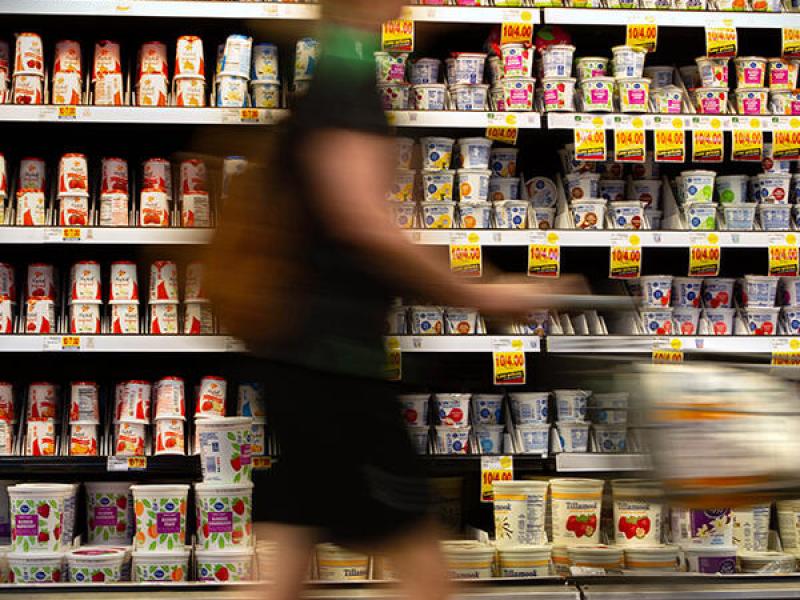
Palm oil – used in foods, cosmetics and other products – is the world's most popular vegetable oil. The process of producing it destroys tropical habitats and significantly contributes to greenhouse gas emissions. Some companies are taking steps to reduce the palm oil's impact on the environment. Use the Sustainable Palm Oil Shopping App, produced by Cheyenne Mountain Zoo, to check if the product you are about to purchase is made my a company working to switch to deforestation-free palm oil.
-
Use the recycler directory to dispose of electronics, batteries and more
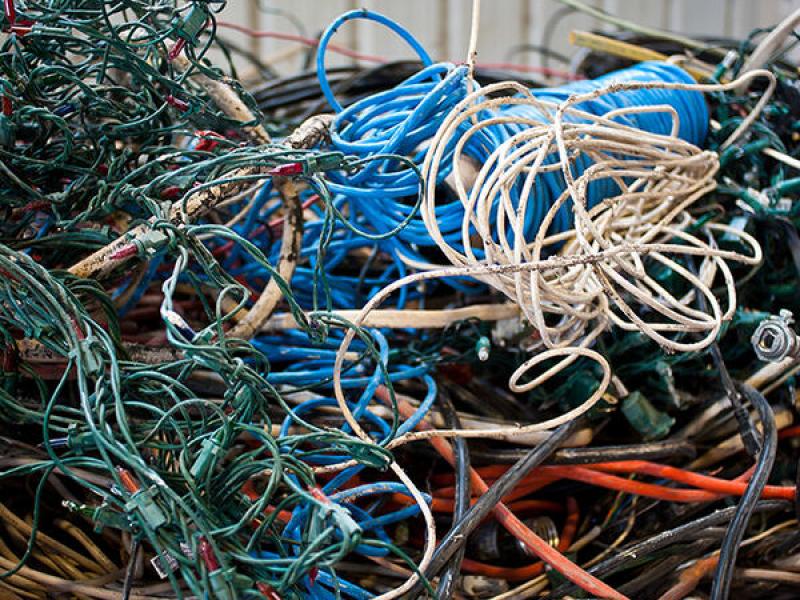
Responsible recycling of electronics, batteries, automotive equipment, packing peanuts and other "junk" not only keeps potentially hazardous material out of the environment, it helps keep wildlife habitat intact by reducing the need to extract more natural resources. Search the Portland Metro recycler directory to find out how to dispose of virtually anything.
-
Opt out of junk mail
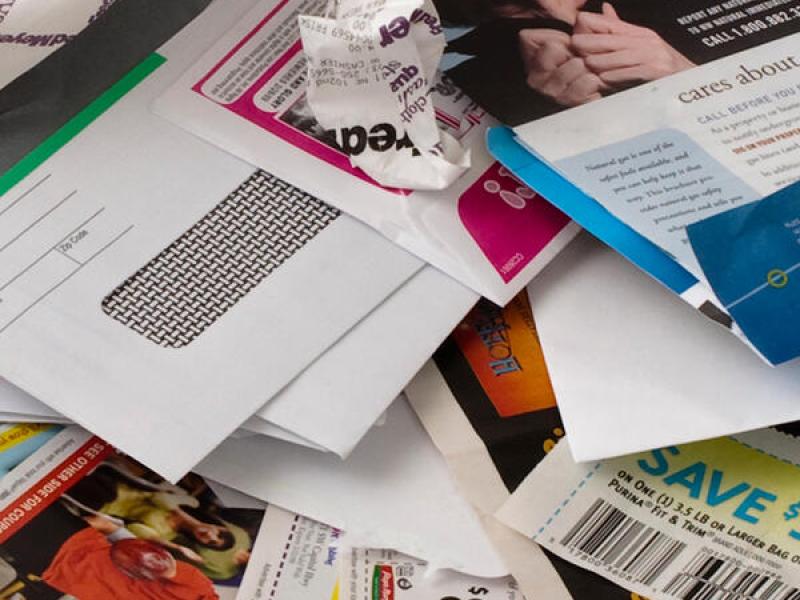
Each American household receives more than 100 pounds of junk mail every year, costing forests millions of trees and destroying homes for wildlife. Get off multiple mailing lists at once by calling the Direct Marketing Association at 212-768-7277 and request to be placed on the suppression file, or send a note with a $3 check or money order to: Mail Preference Service C/O Direct Marketing Association P.O. Box 643 Carmel, NY 10512
-
Waste less food at home
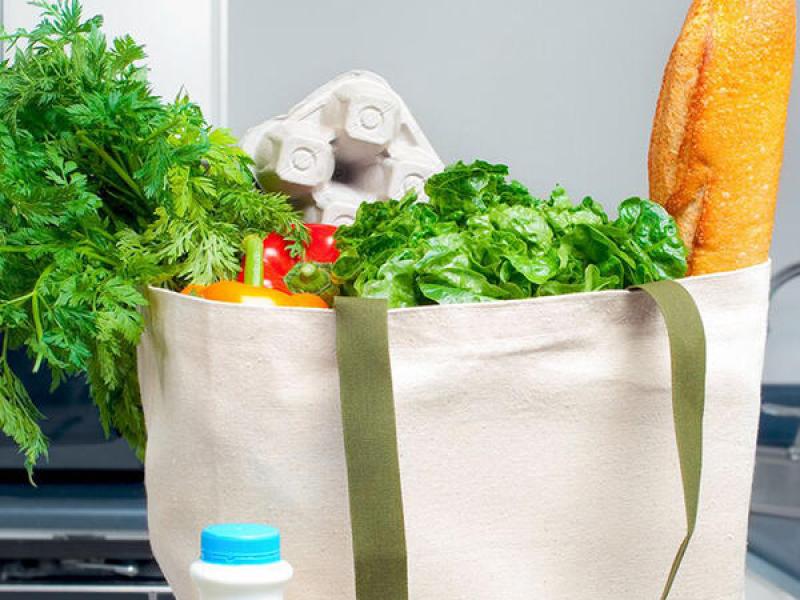
Forty percent of the food we buy never gets eaten, and wasted food hurts wildlife. Agriculture and food transportation can damage habitats worldwide, from the Arctic to the plains. Storing food properly, considering portions and shopping carefully can help prevent the wasting of food and prevent the burning of fossil fuels to transport it. These simple actions help protect wildlife and the habitats we all depend on.
-
Donate to the Oregon Zoo Foundation
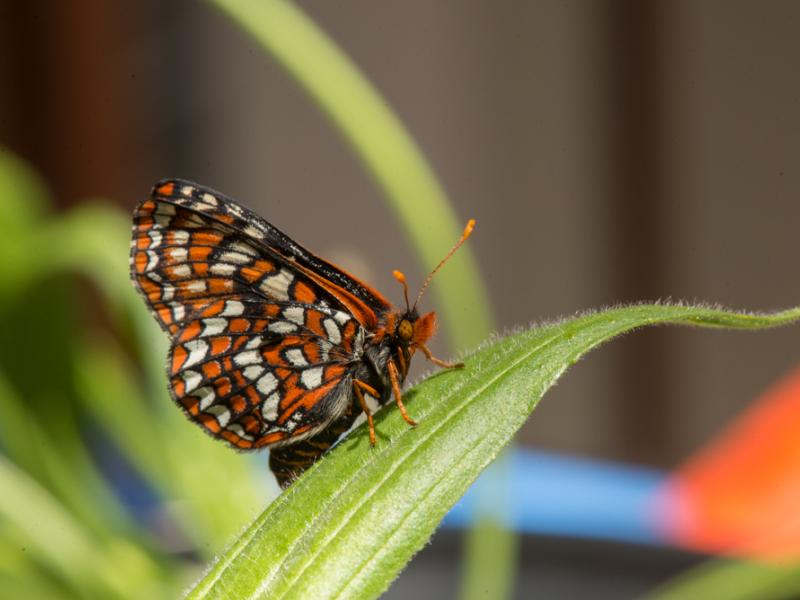
Donate now and make a world of difference for wildlife!


